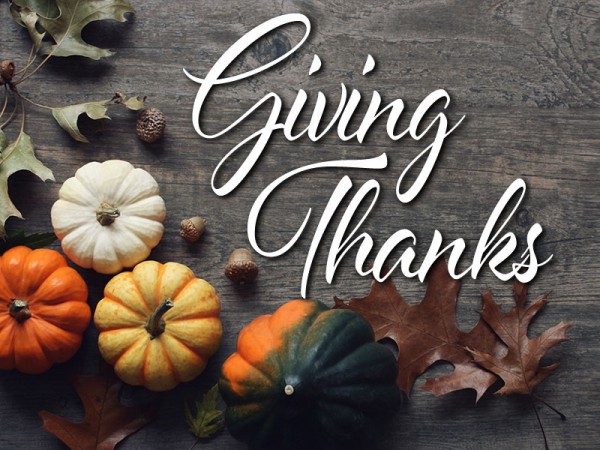There's something special about grilling out-of-doors. It gives food a unique flavor and creates a festive mood for any occasion. Today, grilling means more than hamburgers and hotdogs. Shiskabobs, fish, fruits and vegetables also show up on the grill.
For safety and good health, it's important to be sure the preparation and grilling methods used prevent food borne illness and the production of cancer-causing components. Use these simple guidelines for safe outdoor cooking.
* Select meats that are low in fat and be sure to trim excess fat before cooking. Research shows that the higher the fat level in meats, the more carcinogens are produced during charcoal broiling.
* Keep meat, poultry, salads, and other perishables refrigerated or in an insulated cooler with an ice source until ready to grill.
* Marinate meats in a glass dish in the refrigerator, not on the counter. Once the meat has been put on the grill, it's best to throw any leftover marinade out. It will contain any bacteria found on the surface of raw meat. If you want to use the marinade as a sauce or dip for serving, be sure to completely cook the foods first, cool and keep cold till you reheat later on the grill.
* Take out of refrigeration or the cooler only the quantity of food that you will cook and eat. Foods should not sit in warm temperatures for more than two hours. When it's over 85 degrees Fahrenheit, the time limit should be an hour or less.
* Make sure the coals are ready before adding the food to the grill. Coals should show a light coating of ash for optimal heat. Cook meat until done, but not charred. To be sure meat is thoroughly cooked check the internal temperature with a thermometer.
* Discourage flare-ups, since burning juice or fat can produce harmful smoke. If smoke from dripping fat is too heavy, move the food to another section of the grill, rotate the grill or reduce the heat. With gas or electric grills lower the temperature setting. For other grills, use a squirt bottle of water to dampen the coals.
* When possible, use a drip pan to catch dripping fat. Purchase a metal one from your local store or make your own from heavy-duty aluminum foil. The drip pan should not rest on burning coals. Follow the manufacturer's directions for placement of the drip pan with gas and electric grills.
* Serve food from the grill on a clean platter, not the one that the raw food was on. This prevents contamination of the cooked food from the juices of the raw food that may contain bacteria.
After grilling food, serve it immediately to keep hot foods hot.
* Clean the grill after each use.
* Refrigerate any leftovers promptly. If this is not possible and the perishable foods will sit at warm temperatures longer than two hours, the safest thing to do is "when in doubt, throw it out."
Debbie Wilburn is County Agent/Family and Consumer Science Agent with the Hall (770)535-8290 and the Forsyth (770)887-2418 County Extension Service.
Wednesday
August 6th, 2025
12:26AM











